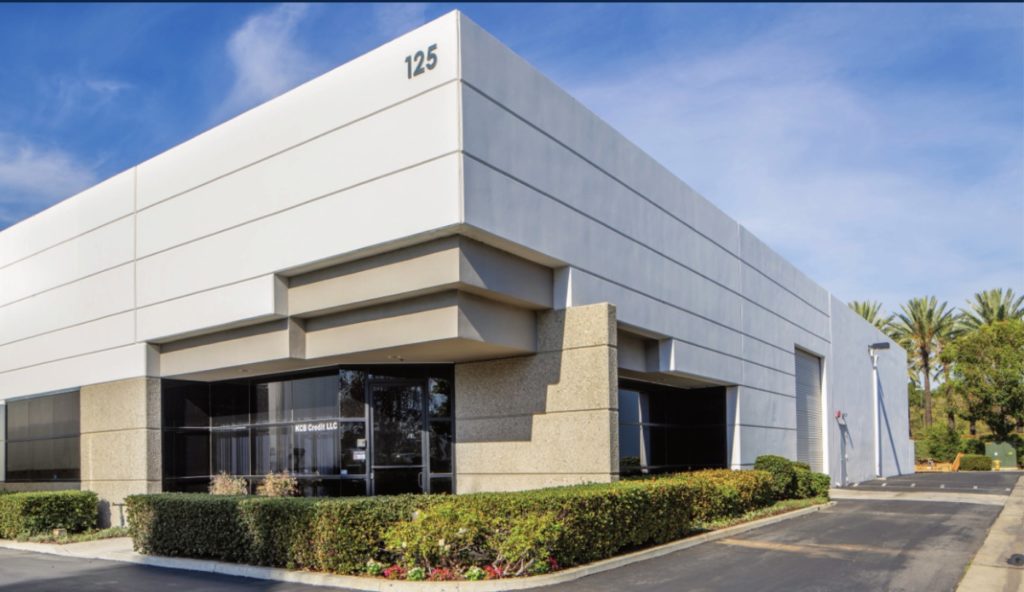Just about everyone who owns, occupies or works in commercial real estate is breathing a sigh of relief today on the news that California’s Proposition 15 has failed.
The NO vote got out to an early lead and remained close to 52% since election night, while absentee and mail-in ballots trickled in day after day.
Proposition 15 would have split the property tax rolls in the state and caused almost all commercial property to be reassessed at full market value every three years, a change that would have ended 42 years of protection afforded by the iconic Prop 13. The attempt to tap commercial real estate as more of a funding source for local governments and schools would have had disastrous consequences to property owners, but for tenants, as well, as they generally pay some or all of the annual property tax bill.
The certainty over property tax costs has helped to increase property values through the years, as investors can accurately predict their largest operating expense years in advance. Without that certainty, investors acquiring commercial properties in the future would have added a risk premium to their underwriting, pushing values lower.

That would have included owner/users of industrial properties, too, as they are both landlord and tenant and would have had to absorb the higher tax levies. Consumers also get a win with Proposition 15’s loss. Higher cost of doing business would have also meant higher prices for the goods and services they pay for.
While the industrial sector has weathered the pandemic storm quite well, the retail and office markets have taken a significant hit. Higher property taxes would have been insult to injury, as both office and retail tenants continue their struggle to return to normal business operations under the burden of health and safety protocols with no end in sight.
The backers of Proposition 15 claimed it protected small businesses, but that was a dubious claim at best. It is clear to us that whoever wrote the proposed law lacked the knowledge of how commercial real estate markets function, and that failure may be what saved the industry from suffering the unintended consequences of what would have been the largest property tax increase in California history.

So, with that challenge out of the way, all eyes are on control of the US Senate, which will be decided by two run-off races set for January 5th in Georgia. With just one win there the Republican majority would hold and that would make several proposed tax hikes that would impact the commercial real estate markets far less likely to pass. The Biden campaign ran on a platform to raise marginal income tax rates, tax capital gains as ordinary income, eliminate 1031 exchanges and the step-up rule, along with a reduction in the estate tax threshold. If even one of these tax hikes become the law of the land, the commercial real estate industry would be impacted across the board. So, a divided federal legislative branch will force compromise in the making of new tax law or block it altogether.
Once the dust settles on Senate control and the ongoing challenges to the election results in multiple states are resolved, we will have a much better idea regarding investor certainty going forward. Business tends to favor divided government at the federal level. The results from Georgia will be the key and the stakes couldn’t be any higher for those of us in commercial real estate.


Leave a Reply
You must be logged in to post a comment.